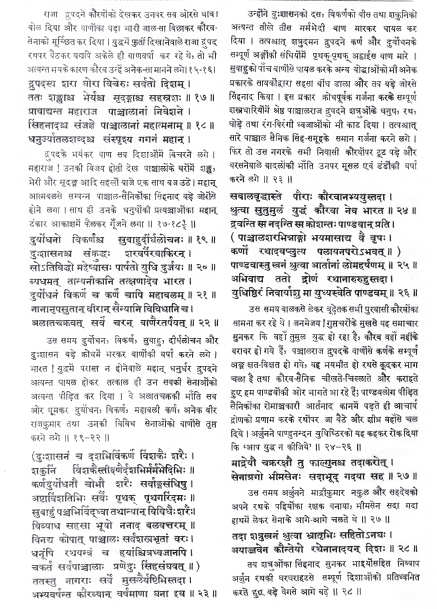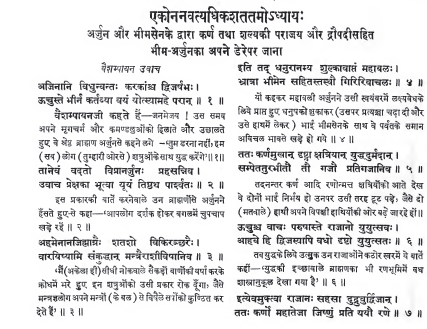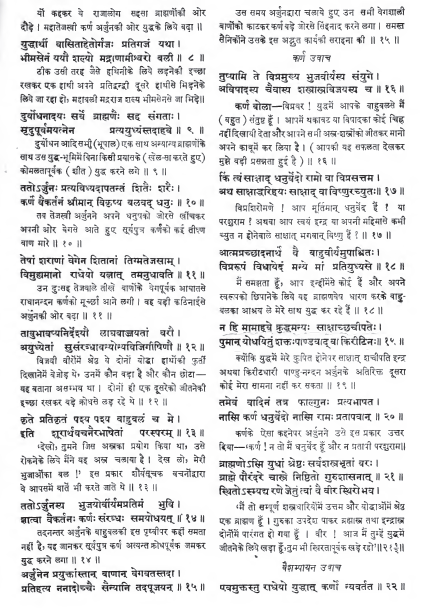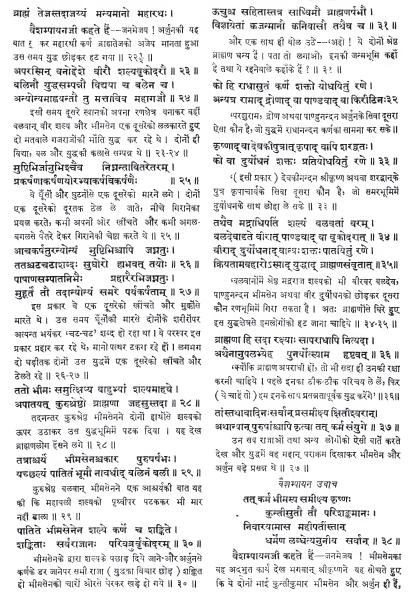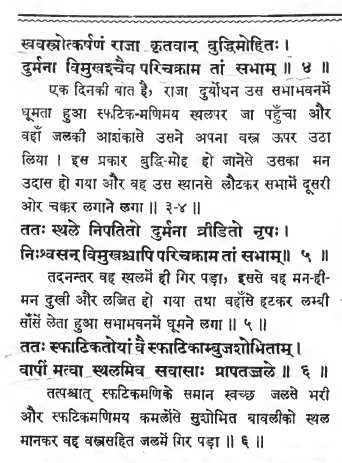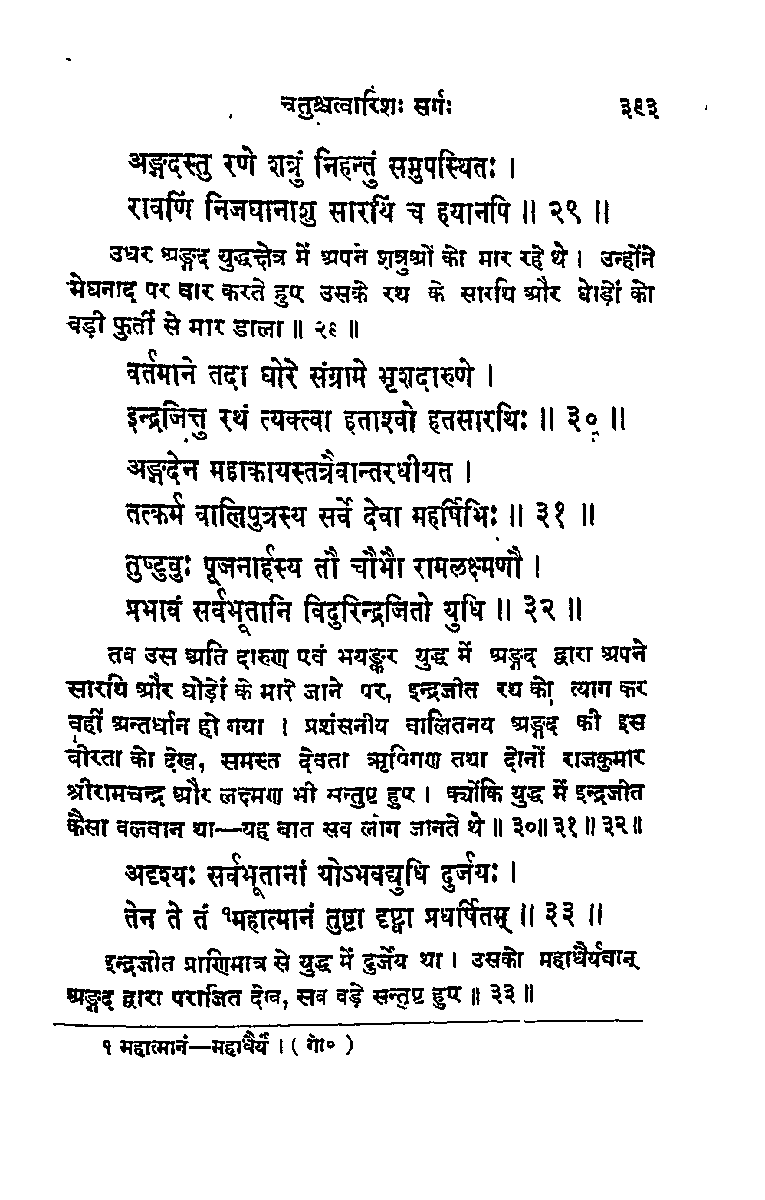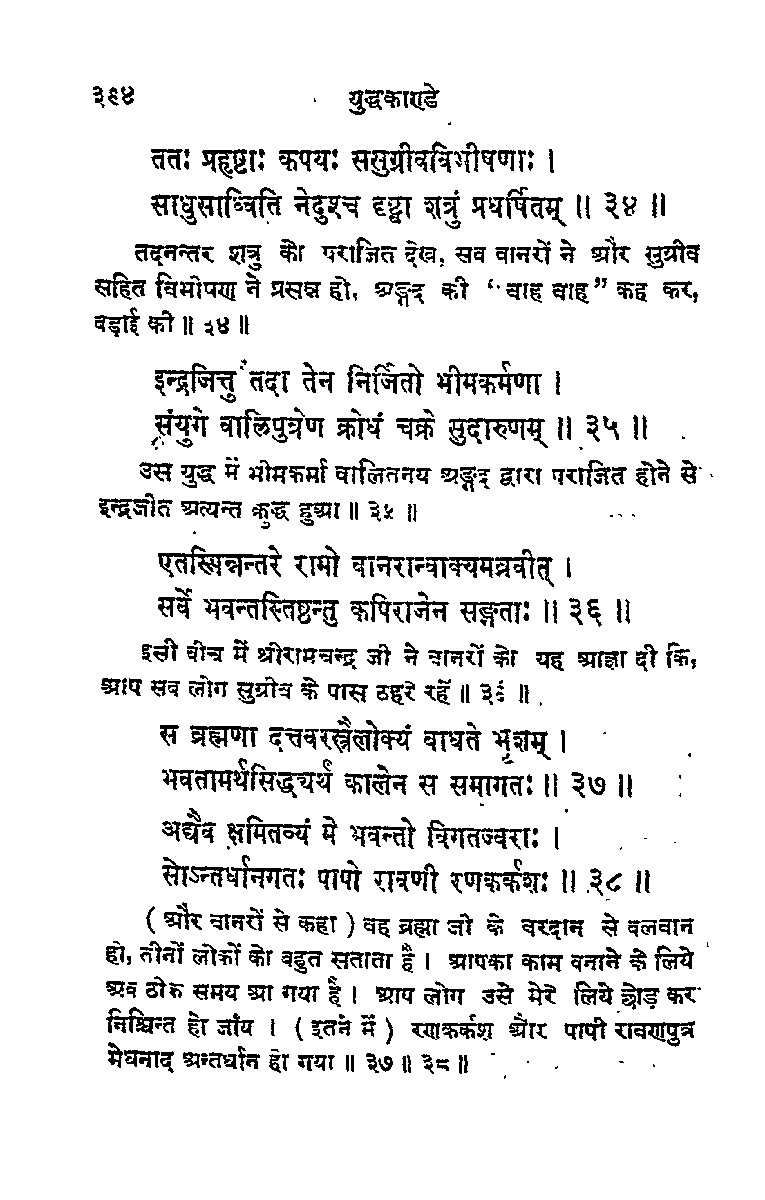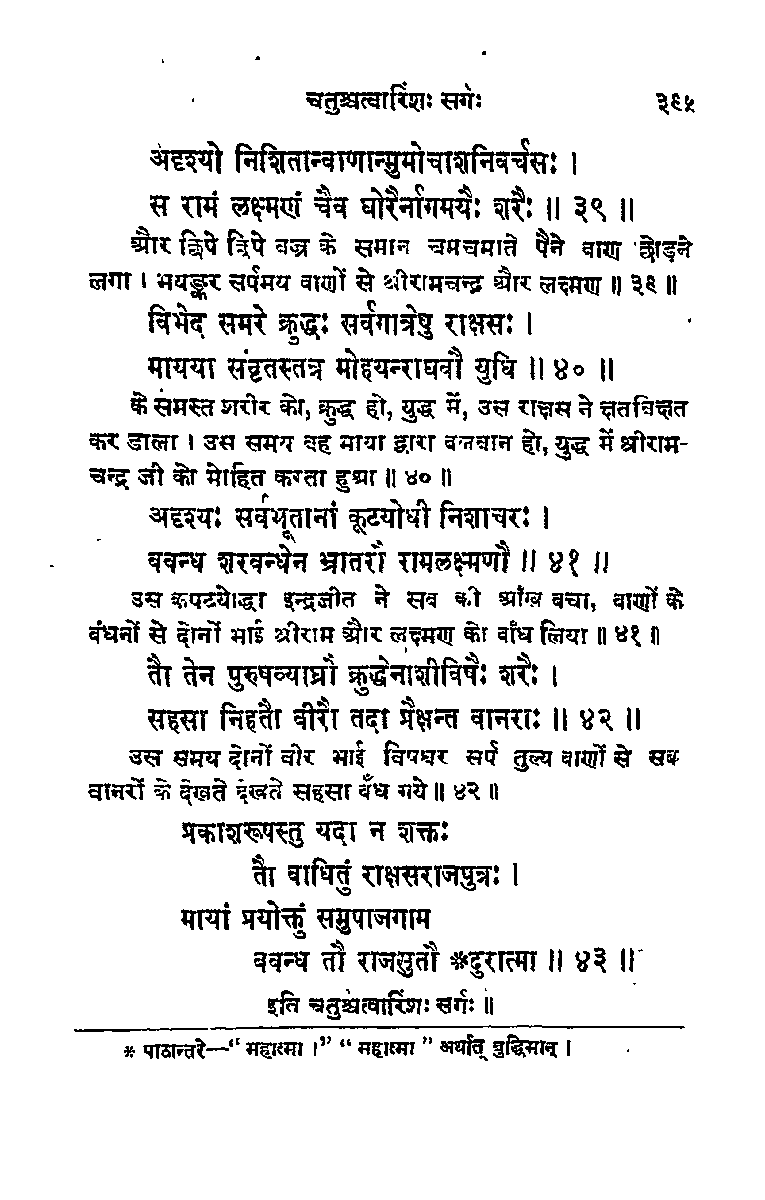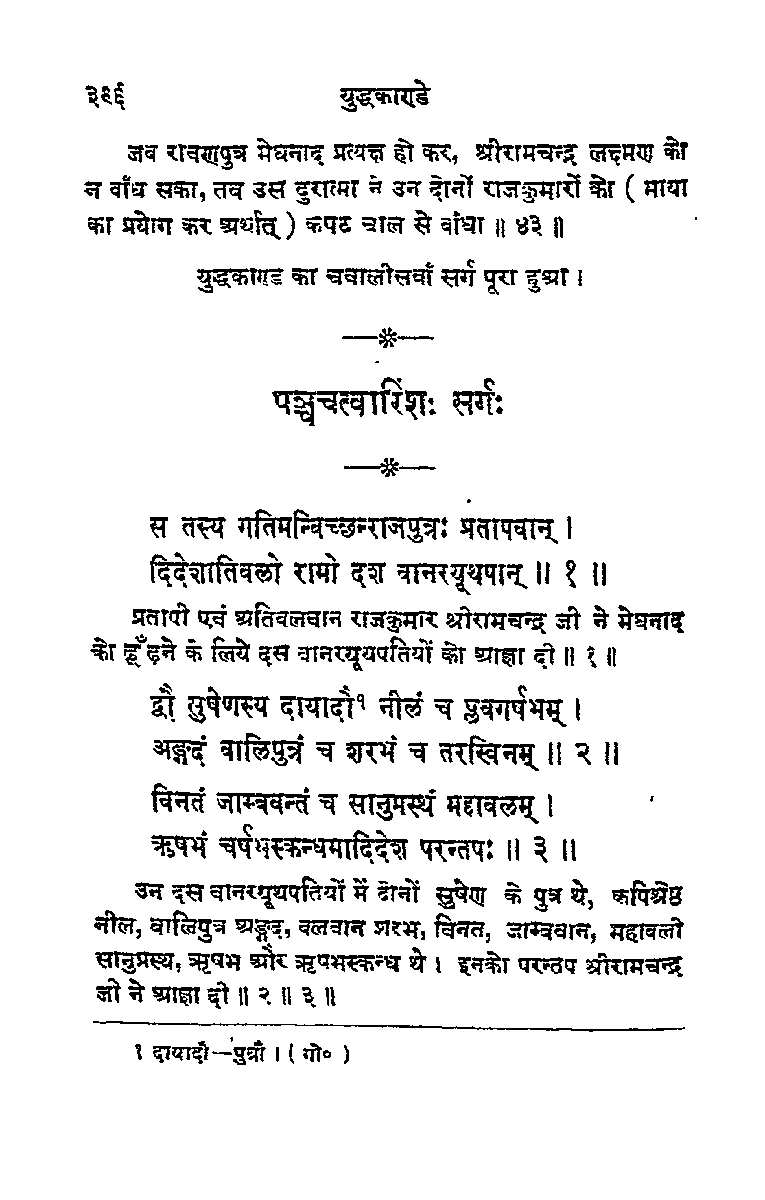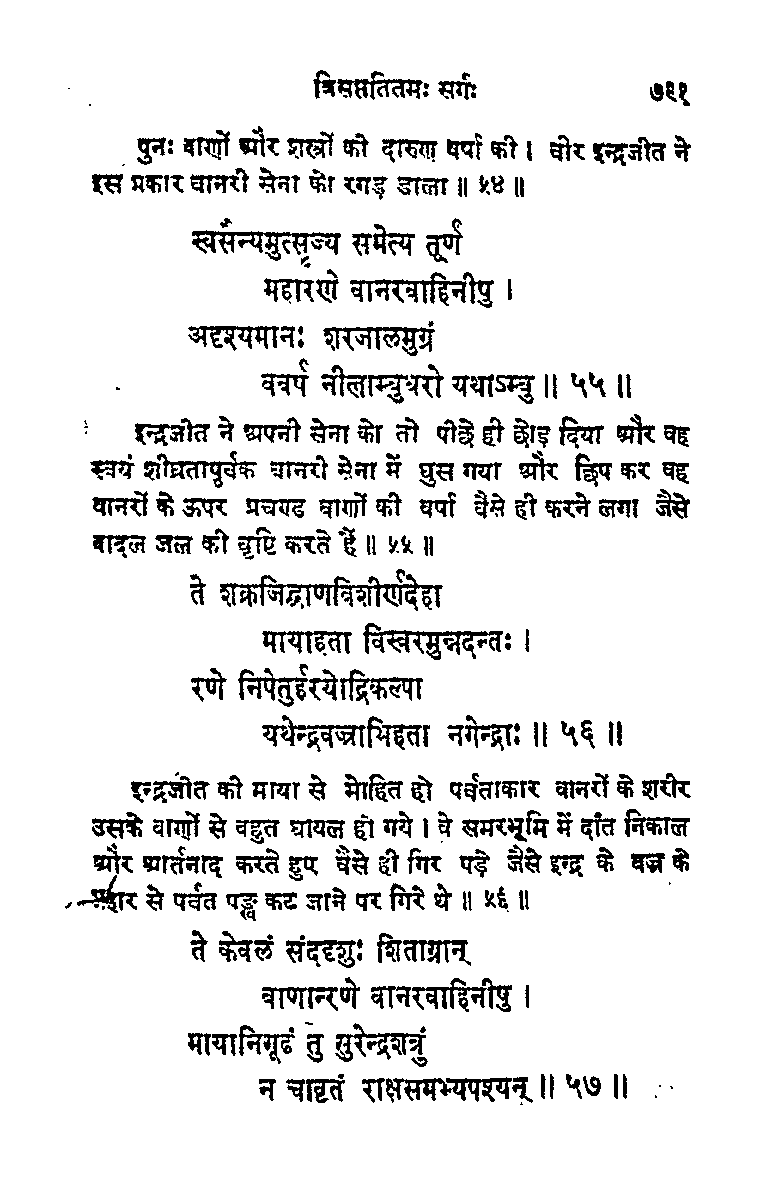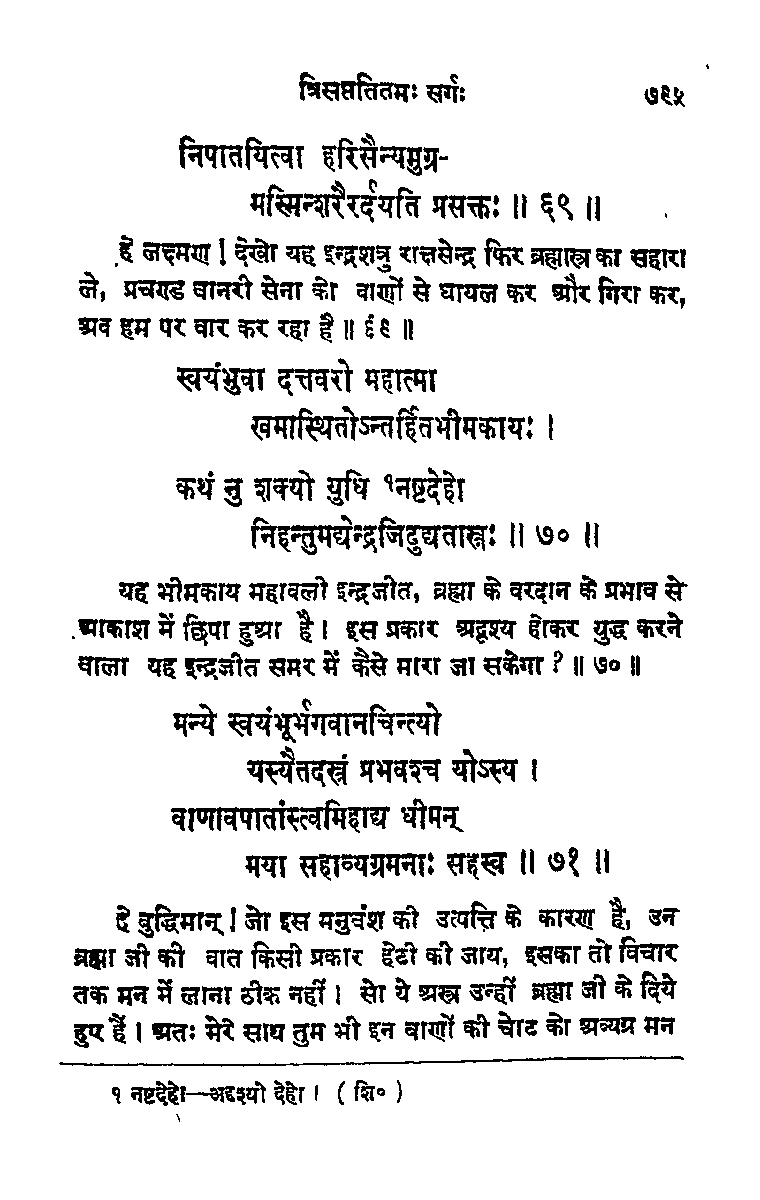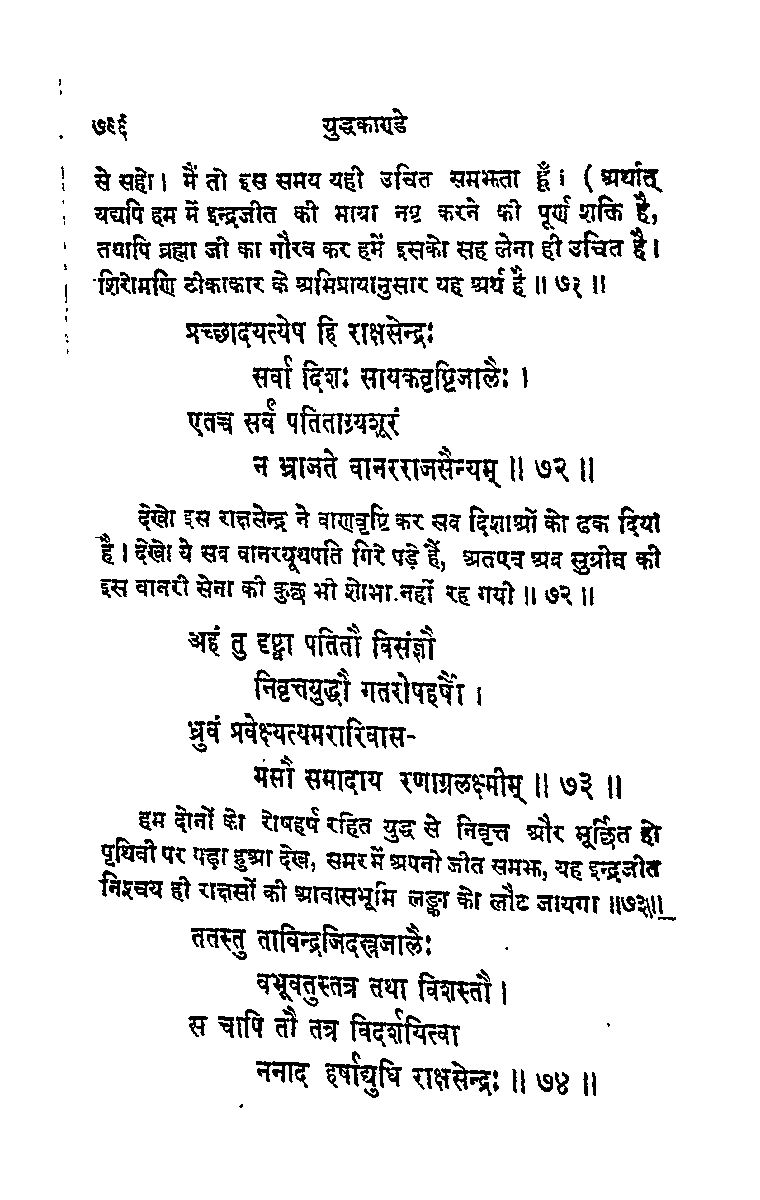""The establishment of Sufi orders in India coincided with the rising political power of Muslims". Muslim Almanac by Azim A.Nanji, page 61
Ibid, page 33
Ibid, page 33
Islamic Mysticism in India by Nagendra Kumar Singh
"The victorious army on the right and on the left departed towards Ajmer’ When the crow-faced Hindus began to sound their white shells on the backs of
Despite this anti-Hindu tirade of Sirhindi, Maulana Abul Kalam Azad in 1919 eulogiged the role of Mujaddid (Sirhind),"who did not see eye to eye with the policy of state" (Ibid. Page215)
A Book of Conquest, Mannan Ali Arif
Islamic Jihad, A legacy of Imperialism, Forced conversions and Slavery, M A Khan
The State and Religion in Mughal India, Roy Choudhury ML
Sufis and anti-Sufis by Elizabeth Surriyeh
Islamisation of India by Sufis, Purushottam
Nehemia Levtzion , Toward a Comparative Study of Islamization, in Conversion to Islam
Nehemia Levtzion, Conversion to Islam





